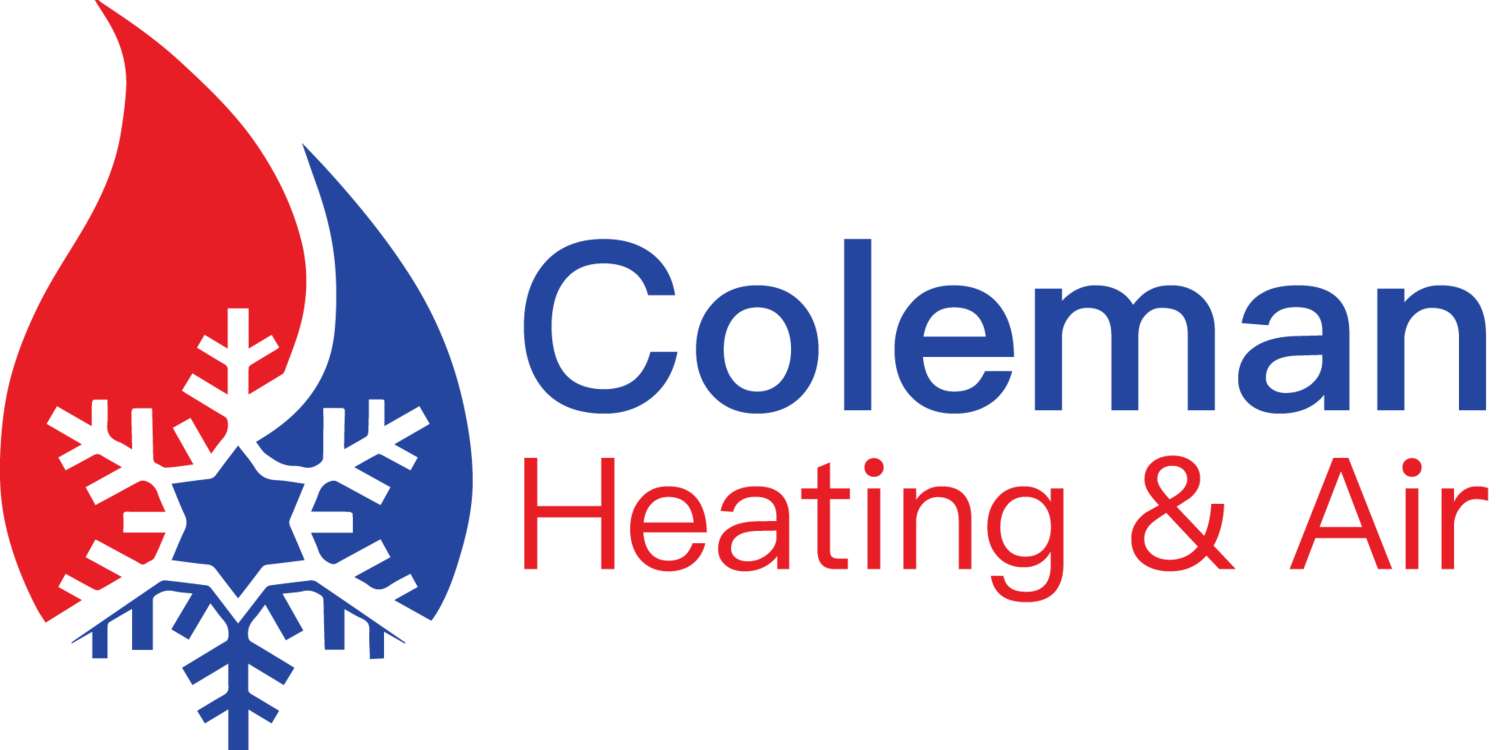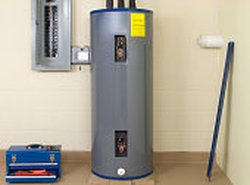Air Conditioner Filters
The most important maintenance task that will ensure the efficiency of your air conditioner is to routinely replace or clean its filters. Clogged, dirty filters block normal airflow and reduce a system's efficiency significantly. With normal airflow obstructed, air that bypasses the filter may carry dirt directly into the evaporator coil and impair the coil's heat-absorbing capacity. Replacing a dirty, clogged filter with a clean one can lower your air conditioner's energy consumption by 5% to 15%.
For central air conditioners, filters are generally located somewhere along the return duct's length. Common filter locations are in walls, ceilings, furnaces, or in the air conditioner itself. Room air conditioners have a filter mounted in the grill that faces into the room.
Some types of filters are reusable; others must be replaced. They are available in a variety of types and efficiencies. Clean or replace your air conditioning system's filter or filters every month or two during the cooling season. Filters may need more frequent attention if the air conditioner is in constant use, is subjected to dusty conditions, or you have fur-bearing pets in the house.
*Source U.S. Dept. of Energy
Toilets and urinals can account for nearly one-third of a building’s water consumption.
Inefficient or poorly maintained toilet and urinal fixtures can be a major source of water waste in commercial, residential, and institutional buildings; thus, significant savings are possible in this area.
When considering the replacement of toilets and urinals, research and assess the site’s waste lines, water pressure, water quality, use patterns, and types of users (employees, residents, occasional members of the public, frequent visitors, etc.) to identify the appropriate fixtures.
*Source U.S. Dept. of Energy
When selecting a new water heater for your home, choose a water heating system that will not only provide enough hot water but also that will do so energy efficiently, saving you money. This includes considering the different types of water heaters available and determining the right size and fuel source for your home.
Types of Water HeatersIt's a good idea to know the different types of water heaters available before you purchase one:
Conventional storage water heaters offer a ready reservoir (storage tank) of hot water
Tankless or demand-type water heaters heat water directly without the use of a storage tank
Heat pump water heaters move heat from one place to another instead of generating heat directly for providing hot water
Solar water heaters use the sun's heat to provide hot water
Tankless coil and indirect water heaters use a home's space heating system to heat water
Selection CriteriaWhen selecting the best type and model of water heater for your home, consider the following:
Fuel type, availability and cost. The fuel type or energy source you use for water heating will not only affect the water heater's annual operation costs but also its size and energy efficiency. See below for more on selecting fuel types.
Size. To provide your household with enough hot water and to maximize efficiency, you need a properly sized water heater. Visit the pages on different types of water heaters (linked above) for more on sizing.
Energy efficiency. To maximize your energy and cost savings, you want to know how energy efficient a water heater is before you purchase it. Visit the pages on different types of water heaters (linked above) for more on estimating energy efficiency.
Costs. Before you purchase a water heater, it's also a good idea to estimate its annual operating costs and compare those costs with other less or more energy-efficient models. Visit the pages on different types of water heaters (linked above) for more on estimating costs.
* Source; U.S. Dept. of Energy


